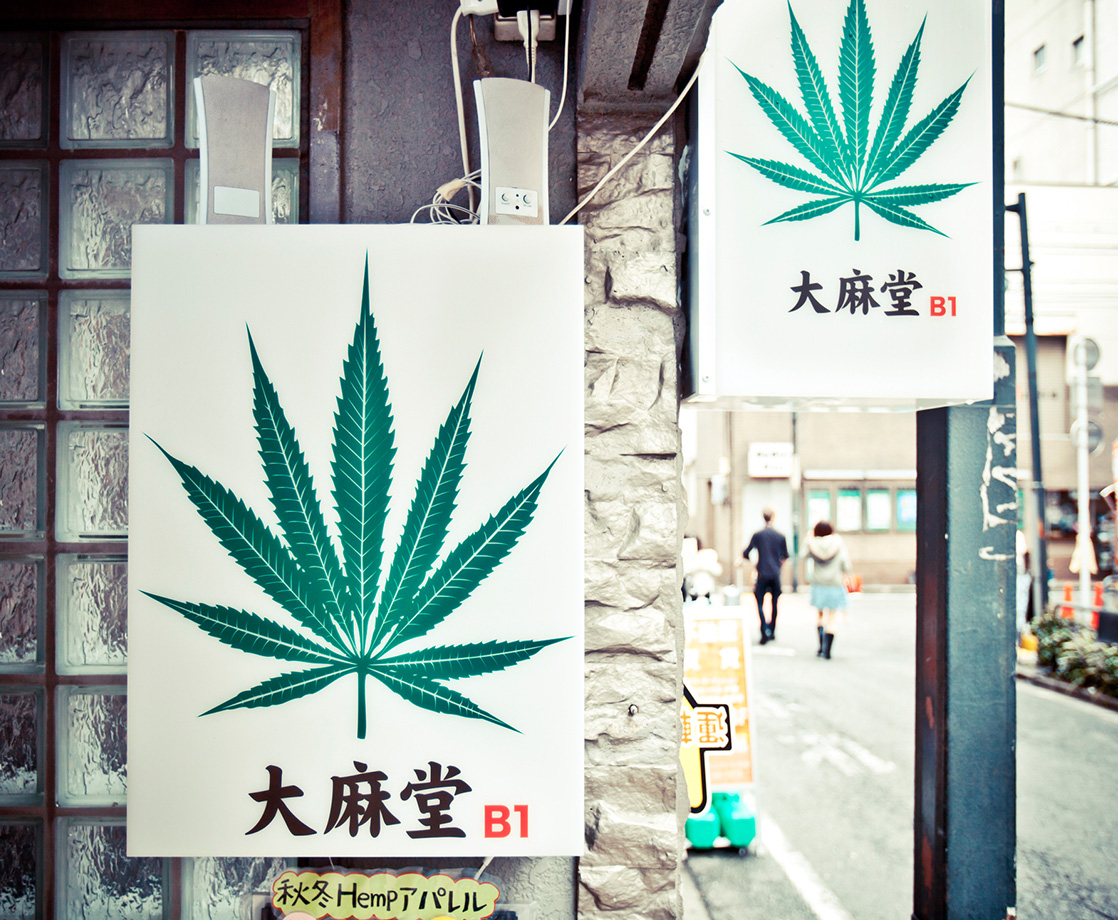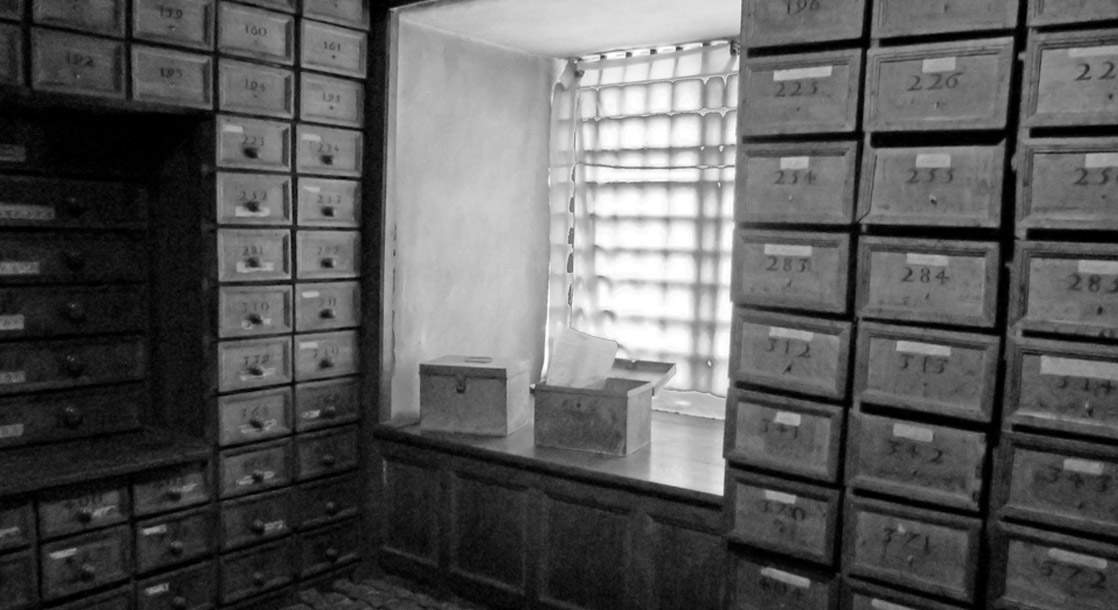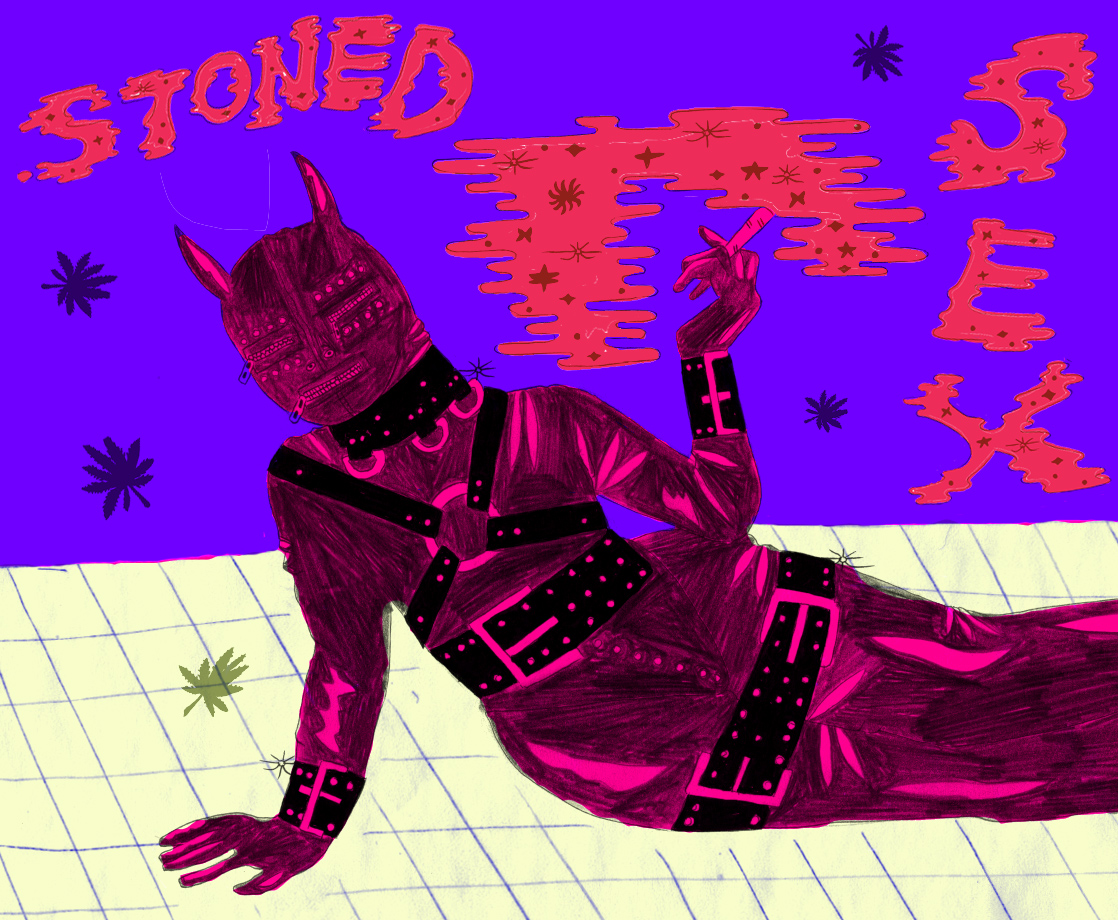Although major athletics organizations are starting to ease up on CBD therapies, the Tokyo Olympics won’t allow its participants — or visitors — to consume cannabis during the 2020 Summer games.
On Tuesday, the Tokyo Olympics chief executive, Toshiro Muto, told a press conference that weed is illegal in the Land of the Rising Sun, and its use won’t be tolerated during the competition.
“There are countries and some regions around the world that have relaxed rules recently,” Muto said via an interpreter, the Associated Press reported. “Unfortunately, the use of cannabis constitutes a violation of law and that needs to be thoroughly communicated.”
Unfortunately is right.
The World Anti-Doping Agency (WADA), which oversees the Olympics’ drug policies, loosened its rules around cannabis in 2013 and again in 2017. In 2017, the agency completely removed all rules banning the use of pure CBD products. CBD, fortunately, is totally legal in Japan.
THC, however, remains banned at the Olympics, but in 2013 the agency lifted its testing limits for everyone’s favorite weed molecule: Olympians are reprimanded if they’re caught with more than 150 ng/mL of urine, which is a fairly liberal cut-off. According to WADA officials, anyone exceeding the 150 ng/mL limit would likely be “a pretty dedicated cannabis consumer.”
Oddly enough, the 2020 Tokyo Olympics will be the first to include skateboarding competitions, a sport that has been closely associated with marijuana use since, well, forever. In January, pro skater Cory Juneau became the first Olympic skateboarder to catch a suspension for smoking weed.
Even odder: WADA’s headquarters is located in Canada, which launched legal recreational weed sales last year.
Several other countries participating in the 2020 Summer Olympics legalized medical or recreational cannabis, too. Besides Canada, South Africa, the Netherlands, and Uruguay have also legalized weed at the federal level. South Korea, which is less than 600 miles away from Japan, permitted pharmaceutical formulations derived from cannabis last year. Guam, a US territory south of Japan, legalized recreational weed this year.
And although the US still hasn’t federally legalized weed, more than half of all US states now regulate medical or recreational cannabis sales.
Japan first regulated cannabis as a drug in 1930 under the “Drug Control Regulations” ordinance, which allowed “India cannabis” for medical and academic research. The country officially banned cannabis as a narcotic in 1948, shortly after it surrendered in World War II, under the Potsdam Declaration.
Prior to 1930, Japanese farmers openly cultivated hemp. There is also some archaeological evidence that marijuana – the kind of cannabis that causes intoxication – was consumed in prehistoric Japan for its psychoactive effects.
Follow Randy Robinson on Twitter











